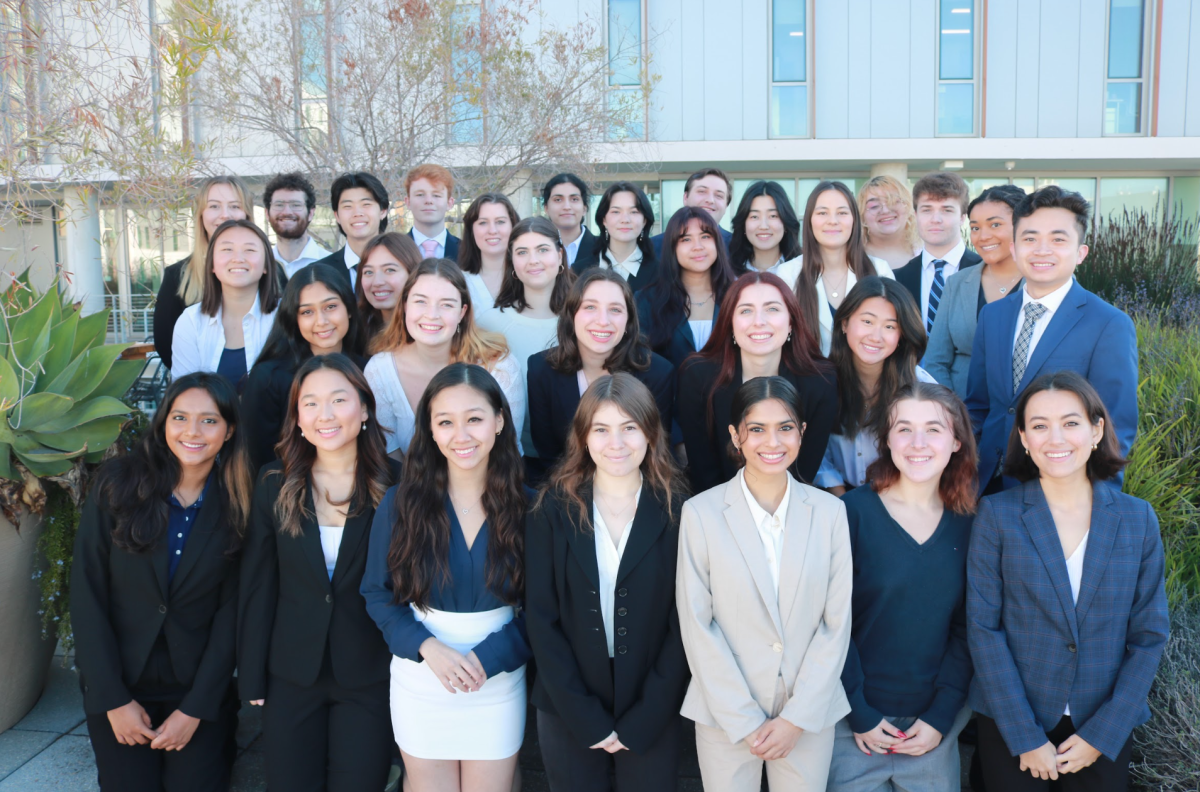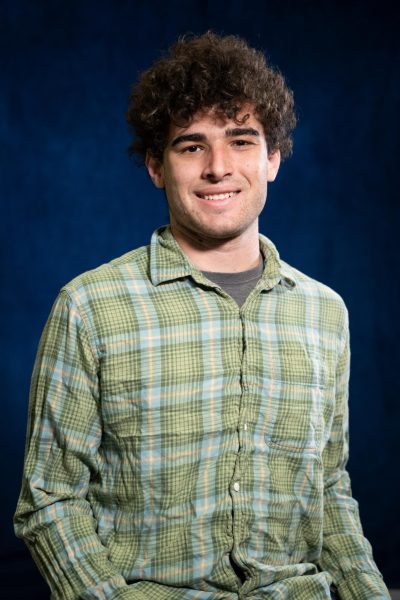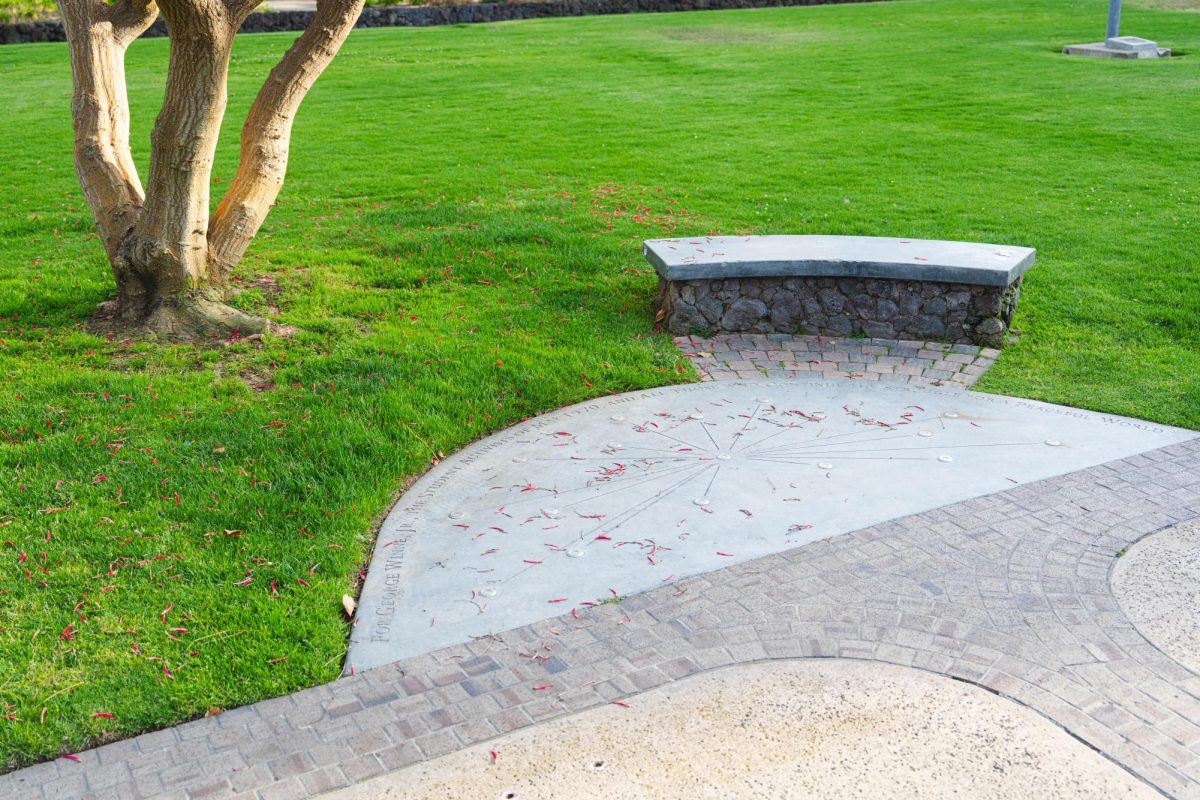On a weekly basis, student organization Triton Mock Trial simulates the courtroom experience: students argue, object, and question, learning about law and the criminal justice system in action. It is exactly what it sounds like — a simulated trial based on the institutions of our own justice system. Not only does it imitate a real trial, it is done so for competition. Triton Mock Trial has been very successful, having gone to five national championships since its foundation in 2009.
This year’s co-captains were Eleanor Roosevelt College junior Taylor Ireland and John Muir College senior Sneha Subhash Menon. They spoke about their experience as captains of Mock Trial.
“We basically just do a little bit of everything, and help manage it all,” Ireland said.
Among Ireland’s responsibilities have been deciding what tournaments the team goes to, helping with funding, and planning the boot camp over the summer.
Mock Trial Boot Camp is the pre-season training for new members over the summer. It consists of two weeks of introductory training and two weeks for participants to practice arguing for one side of a case they are provided with. This culminates in a trial at the end of boot camp where participants compete against one another.
“Boot camp allows people to get familiar with people who are already on the program. It’s a great way to network with the people on the team to show the ability you already have,” Menon said.
Triton Mock Trial hosts two tournaments per year and travels to 6-8 tournaments. UC San Diego frequently competes against the other UC schools, as well as schools including Stanford, Arizona State University, and the Cal Poly campuses in Pomona and San Luis Obispo. A tournament consists of an opening ceremony, four trials, and an awards ceremony at the end.
Triton Mock Trial also has several coaches who help new and more experienced members alike prepare for the tournaments. One of these coaches is a second year graduate student at the School of Global Policy and Strategy, Riley Sutton.
Sutton has been a coach for Mock Trial for one year. She spoke about her experience preparing the team members for the tournament.
“We pick a very motivated group of students who do really well when [s—] hits the fan,” Sutton said.
Sutton explained one of the team’s strategies from this past year, one they may or may not continue to use.
“We tried out … a ‘hard stack’ with our competitors, where we put everyone who was doing the most work on one team,” Sutton said. “We did pretty well that year, but I don’t know if that team will continue to take that more competitive approach.”
Traveling three to four times a year can be expensive, but the team is able to acquire funds through their tournaments.
“We also do fundraisers outside to help supplement that. We do have dues, but we try to keep them as minimal as possible,” Ireland said.
Despite the benefits of Mock Trial that Ireland and Menon named, they made it clear that it is not always easy.
“The hardest part of Mock Trial is the learning curve you face when you first join,” Menon said. “For someone who has never done Mock Trial, it can seem intimidating, but if you put in the time and effort, it is definitely possible to catch on.”
The structure of both training and competition has changed dramatically over the last few years. During the COVID-19 pandemic, all practices and tournaments were moved online. In addition to her role as a coach, Sutton was on the Mock Trial team for four years, right in the middle of the pandemic.
“That was a really interesting time because we were spending like four hours a day on Zoom calls with each other,” Sutton said. “During that time, that was everything in my life, boiled down to one thing.”
According to Sutton, the program continued to experiment with online Mock Trial even after the end of the pandemic. She explained how, although Zoom was a viable short-term option, the team agreed that in-person practices were a better way to prepare for a tournament.
“The knowledge sharing of having everyone physically be there is really important,” Sutton explained.
In addition to boot camp, competitions, and fundraisers, Mock Trial also has a large social aspect. Last year, this included a Halloween party themed like the case they were working on.
“It was really fun; we got to bond with all of our members,” Menon said.
Some people misunderstand the distinction between Mock Trial and other law-related clubs like Speech and Debate. Ireland cleared up the difference between the two extracurricular activities.
“Debate team is more speech-y, and you kind of have more leeway with the topics; whereas Mock Trial you’re given a case and can’t really do a lot with the case,” Ireland said.
Still, there is a significant linkage between Mock Trial and other pre-law organizations. In addition to Mock Trial, Menon is managing editor of the Undergraduate Law Review and a founding member of the Pre-Law Coalition at UCSD.
Attorneys and law students also serve as coaches of Mock Trial, further connecting them with the law community. Working with real-life attorneys also has granted team members networking opportunities with the legal community.
“We get a lot of hands-on experience from people who understand the law at different levels than us, and can see what they’ve accomplished,” Menon said.
Despite its legal focus, Mock Trial also has applications outside of the law community.
“It’s all about learning to work in teams, problem-solving, and leadership as well,” Ireland said.
Although Sutton didn’t choose to pursue law school, she affirms that Mock Trial is still a worthwhile extracurricular.
“Law school is very expensive and very hard, so I decided to take another career path,” Sutton said. “It’s completely unrelated to Mock Trial — I just do it because I love it and because it’s a collaborative activity.”
As leaders of the Mock Trial team, Ireland and Menon knew where they wanted to take the team before they passed the torch.
Ireland hopes to take the team back to nationals and continue winning awards. She specifically mentioned the Spirit of the American Mock Trial Association award, which is based on good sportsmanship, as a priority for next year.
Through its successes and hardships, Mock Trial has continued to provide a space for pre-law students to prepare for law school, as well as students from all disciplines, to become comfortable with public speaking, problem-solving, and working in a team. The club hopes to continue providing a fun and rigorous activity and stay competitive in competitions for years to come.








